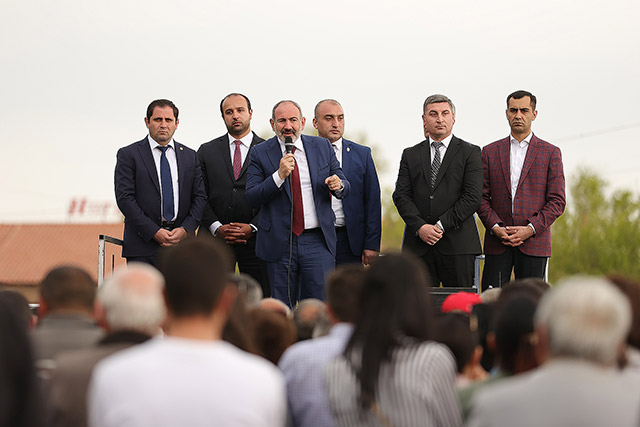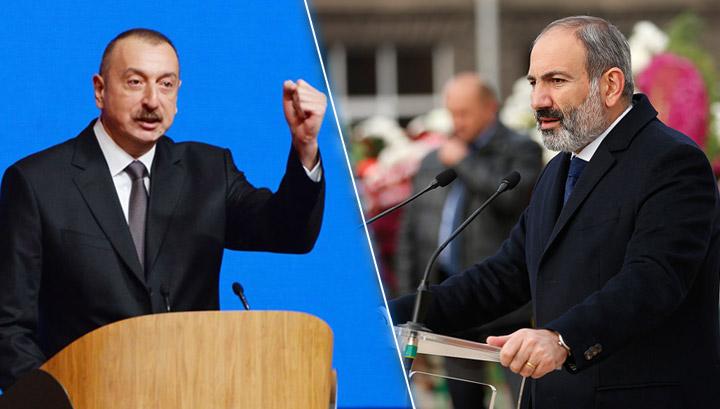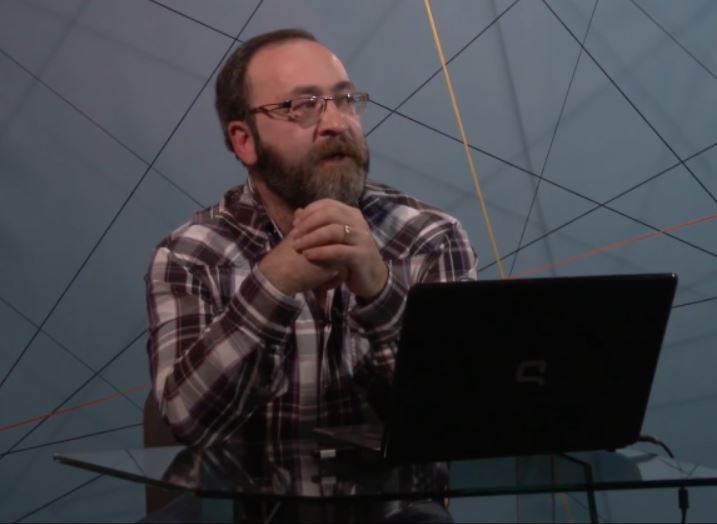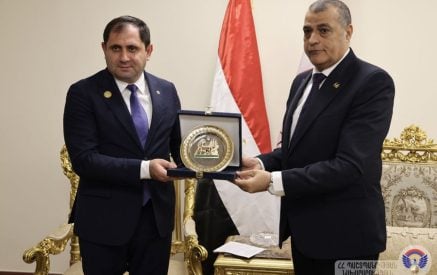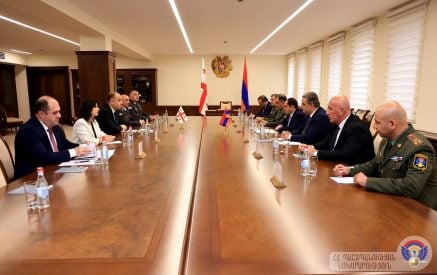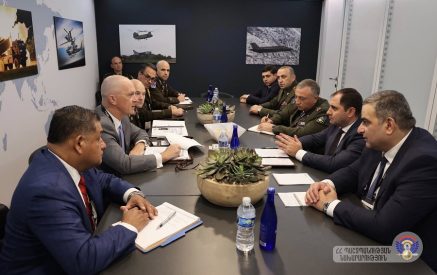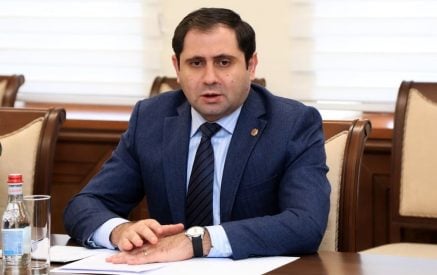The Fighting Brotherhood initiative was recently established. The overwhelming majority of its members participated in the war in 2020. Aravot Daily talked to a member of the initiative, political scientist and historian Hrant Ter-Abrahamyan.
- Ter-Abrahamyan, what is the need to create such an initiative?
– First of all, for me, and I think for many, it is very worrying that a year after the war we have not heard any normal, sensible, or realistic program, even an opinion on the way out of the situation. In my opinion, neither the political forces, public groups, nor the expert community gave such a solution. This problem is obvious to me, and it’s even worse. They managed to turn this state issue into a topic of arguing among parties and blaming each other. And on a more private level, the voices of the war participants is not listened to. Their voices must be heard on such topics.
Read also
Everyone is talking about the war, including the government, the opposition, and experts, but the voice of the war participants is not heard. It would be great to hear the views of the participants of the war on war, peace, security, and other issues. In general, the level of self-organization in society is very weak. We have parties and NGOs, most of which are financed from abroad (this is how it turned out objectively) and we have a large part of society that is not self-organized in any way. It greatly weakens society and the mechanism of delivering the issues. Therefore, such structures must be formed. This is one of the structures I imagined, but it would be right for the self-organization of society to be manifested at other levels as well.
- The statement of the initiative says, “The core of resistance must be formed, which will embody the rebirth of Armenia, whose religion will be faith in our own strength and the renunciation of the pro-foreign and shallow nature of the Armenian elites.” It is interesting how the core of the resistance will unite and achieve the rebirth of Armenia.
Rebirth, of course, is a perspective and strategic issue. Now there are more basic problems to solve. The initial task is to organize and unite. Regarding resistance, it is obvious that society has a psychological and objective feeling of being defenseless today. We have lived for years with the conviction that we have a system of self-defense. We were dissatisfied with many things, but we trusted it. Now we are at a stage that seems to be the stage preceding the creation of the army, when confidence in self-defense has been lost. People do not understand what to do if, for example, they attack our borders. At least on a psychological level, the atmosphere should be broken. We must restore the idea that the issue of self-defense is primary despite everything. As the overwhelming majority of the members of the initiative are participants in the war, the initiative hopes that our idea will be a message to society that the potential of Armenian resistance is not completely broken.
- And does the initiative have a common position on the Artsakh issue? There was no mention of Artsakh in your statement.
At this moment, we have not specifically discussed our position on that issue, but we have had discussions for months. Now we are in the process of formation, but it is obvious that we have a common orientation in the Artsakh issue. My personal opinion is that we should not include a separation between Artsakh-Armenia. I think that separation, which was once formally introduced, played a big role in the defeat. By calling the war “Artsakh war,” we are already laying the groundwork for defeat. “Artsakh War” or “Syunik War” should not be separate. There is Armenia. Why we made the legal divisions is another question, but in the natural perception there is Armenia, a country Artsakh is part of.
Luiza Sukiasyan




















































